Country of Origin: Germany
Dog Group: Utility
Origin of Name: The word ‘Schnauzer’ comes from the German word ‘Schnauze’, which means ‘muzzle’. Schnauzers are most popularly noted for the long hair that originates from their muzzle and is groomed to grow out into a beard, hence the name.
Shedding
A bit highMonthly keeping cost
PremiumRs.4,000 Standard
Rs.3,000
Size
SmallBreed Info
Life Span-11 to 12 years
Availability-Rare
About Miniature Schnauzer:
The Miniature Schnauzer is the smallest variation of the Schnauzer, which has been bred to standard, giant and miniature sizes. Bouncy, bold, loveable and enthusiastic, these dogs are considered faithful companions to those they love and fierce adversaries to unwanted strangers. It is well known that their bark is worse than their bite, but the barking itself can often be incessant and annoying to those who don’t have high tolerance levels for sound.
While almost all other terriers were developed on the British Isles, the Miniature Schnauzer was first bred in Germany in the mid-to-late 19th century. The breed was developed by crossing the standard Schnauzer with the Affenpinscher and the Poodle. The Miniature Schnauzer was developed specifically to go down into the earth and hunt vermin. Today, these terriers are amongst the most popular breeds bought as companion dogs to families and continue to be extremely popular in the United States.
One of the most unique aspects about your Schnauzer is that it has exceptional hearing when compared with other breeds. The Schnauzer is protective about his home and family and will bark even at the slightest noise that he or she can hears. The other unique aspect of the Miniature Schnauzer is that it has distinct beards with long and feathery eyebrows.
Maintenance
Visits to Groomer-High
Drooling-No
Bath-Regular
Tolerance to heat-Basks in it
Tolerance to cold-loves snow
Exercise Requirement- Lots
Hair & Coat
Under Coat-Yes
Colour-Salt and Pepper/Black/Black and Silver/White
Coat Type-Hard and wiry
Hair Length-Flowing
Hair Density-Dense
Health
Miniature Schnauzer are generally a healthy breed but you have to remember when getting a puppy home that almost all and every breed has a chance of developing genetic disorders and they can also contract any of the common diseases.
Heart and Eye problem
Urinary stones
Blood clotting
More
Temperament
Miniature Schnauzers love people so they will thrive in a home. They are good with children and love to play, so they make great pets for a family with children. Besides being warm and affectionate dogs, they are also the perfect guard dog and can be protective when it comes to family. Miniature Schnauzers can adapt to all climates and their small size makes them perfect for apartment living, but there’s a catch: that famous Schnauzer barking.
Training & Intelligence
The Miniature Schnauzer is an intelligent breed and is extremely active inside the house. This is a loveable dog and will follow you everywhere. This is an agile breed and will need every day exercise to ensure that it does not turn destructive. A daily walk will keep your pet happy and he or she will be happy to be your lapdog.
Miniature Schnauzer barks horrendously at time, this most of the times is triggered by their exceptional sense of hearing. Their training and intelligence levels make them a hit in various obedience and agility competitions.
Breeding
Litter Size-2 to 4 puppies (approximately)
Complication in Breeding-No
Procreation
Miniature Schnauzers take around 18 months to reach their full height and structure. It is advisable to breed dogs only if they are two years or older. If you are a first timer at breeding, then take a vet’s opinion. An average litter size for the breed is three to six puppies.
Tags Miniature Schnauzer Coat Miniature Schnauzer Pictures Miniature Schnauzer Price In India Miniature Schnauzer Shedding

 DogExpress
DogExpress

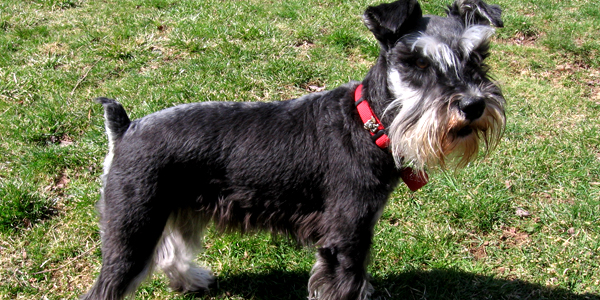
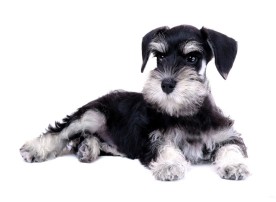
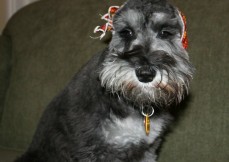
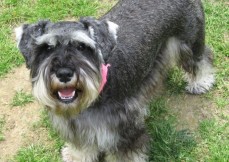
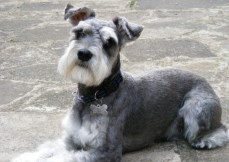
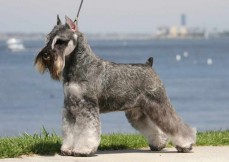












 in Chandigarh, India.
in Chandigarh, India. 
